Clean Energy Group
This guide is meant to serve as a starting point to establish a foundation of understanding for individuals and organizations beginning to explore solar+storage options for their homes, businesses, or community facilities.
Clean Energy Group ha publicado una traducción al español de una nueva guía que aborda las preguntas más frecuentes sobre la energía solar fotovoltaica y las tecnologías de almacenamiento de baterías (Solar+Almacenamiento).
This is the Spanish language version of CEG’s Solar+Storage Checklist, designed to serve as a starting point for individuals and organizations who are considering implementing a solar+storage project, with seven simple steps to begin the process.
This checklist is intended to serve as a starting point for individuals and organizations who are considering implementing a solar+storage project, with seven simple steps to begin the process.
This issue brief provides recommendations and guidance on incentive rate-setting for states seeking to develop distributed (behind-the-meter) energy storage incentive programs. It is intended to help states decide how to structure incentive programs and how to set incentive rates.
This document seeks to provide a roadmap of the key steps to receive direct pay reimbursement for the ITC and an easy way to track progress through those steps to ensure no deadlines are missed.
This Direct Pay Fact Sheet details which types of tax-exempt entities are eligible to receive direct pay, outlines the process to receive direct pay, and introduces additional resources.
Clean Energy Group submitted comments to the Massachusetts Department of Energy Resources on DOER’s Solar Massachusetts Renewable Target (SMART) Program.
Clean Energy Group submitted comments to the Massachusetts Department of Energy Resources on DOER’s December 2023 report, “Charging Forward: Energy Storage Toward a Net Zero Commonwealth.”





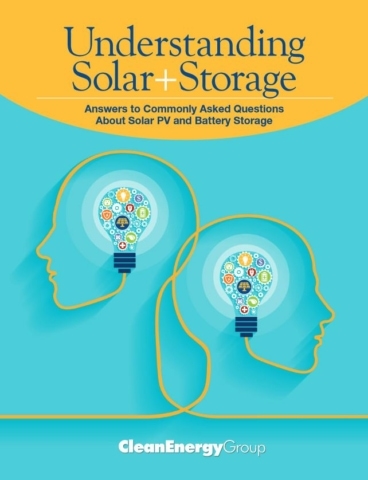



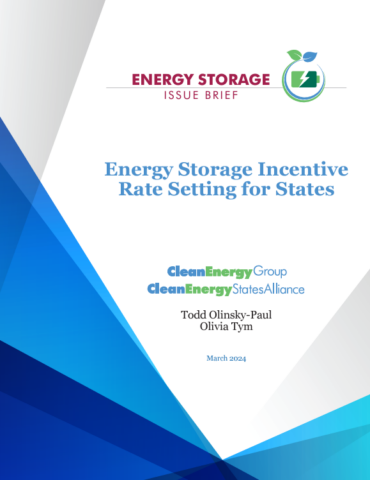
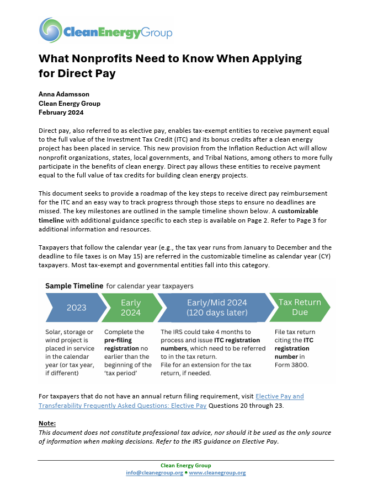
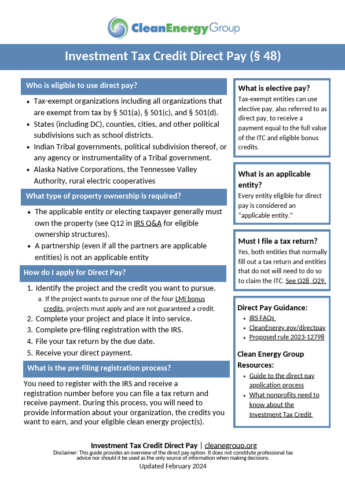
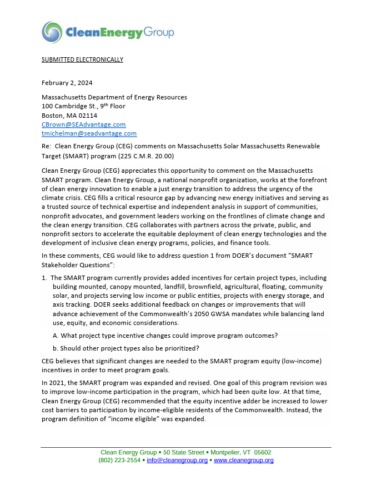
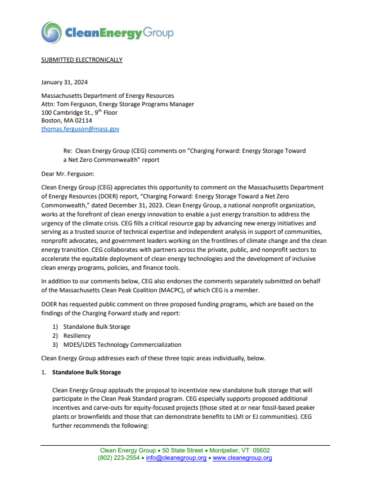
Clean Energy Group Comments on IRS Proposed 45V Tax Credit for Clean Hydrogen Production
Clean Energy Group submitted comments to the IRS regarding Proposed Rule Section 45V Credit for Production of Clean Hydrogen.